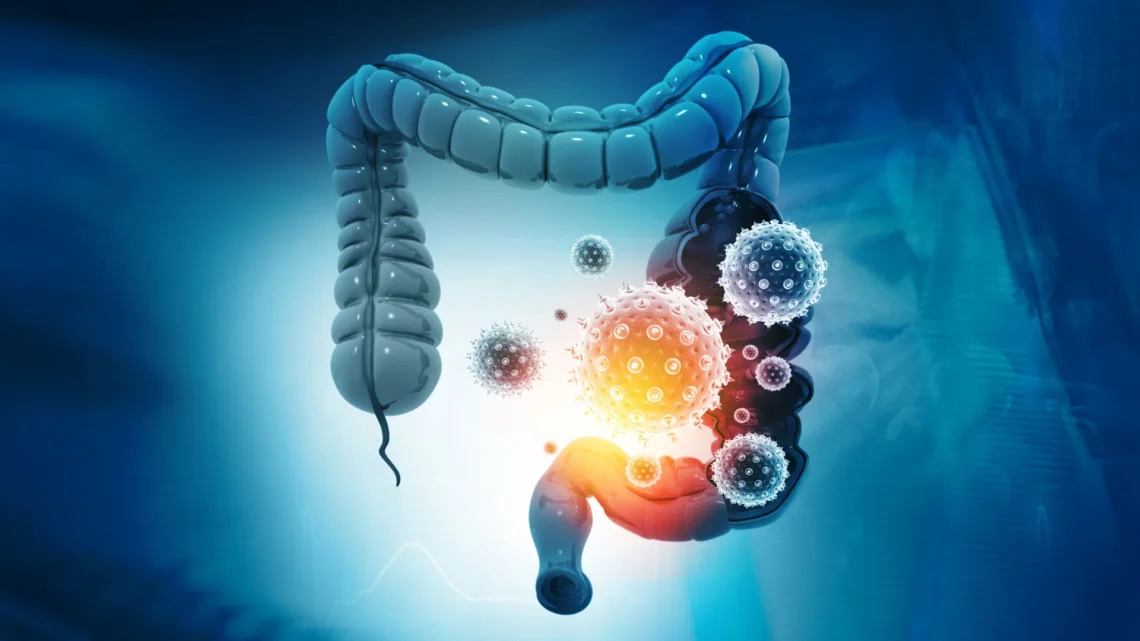Colorectal Cancer: An Overview
Colorectal cancer is the second leading cause of cancer-related mortality globally. Early detection significantly enhances treatment efficacy; however, traditional diagnostic methods, particularly colonoscopies, are often viewed as costly and uncomfortable, leading to delays in diagnosis. Researchers at the University of Geneva (UNIGE) have employed machine learning algorithms to create a comprehensive inventory of human gut bacteria. This unprecedented level of detail enables a deeper understanding of the physiological roles played by various microbial subgroups. Utilizing this information, researchers developed a non-invasive and cost-effective screening tool capable of detecting colorectal cancer through simple stool samples. The potential applications extend beyond colorectal cancer, offering insights into correlations between gut microbiota and overall health. These findings have been published in Cell Host & Microbe.
The Challenges in Colorectal Cancer Diagnosis
Diagnosis of colorectal cancer often occurs at advanced stages, resulting in limited treatment options. The increasing incidence of cases among younger adults, coupled with the difficulty of translating gut microbiota research into clinical practice, emphasizes the urgent need for simpler, less invasive diagnostic tools. Although the connection between gut microbiota and colorectal cancer is established, the diverse effects of different bacterial strains complicate this relationship; some strains may promote cancer, while others may not influence the disease at all.
Research Insights from UNIGE
Mirko Trajkovski, a full professor in the Department of Cell Physiology and Metabolism at the UNIGE Faculty of Medicine, notes, “Instead of solely analyzing the composition of the microbiota or individual bacterial strains—which can vary widely among individuals—we focused on bacterial subspecies. This level of resolution effectively captures functional differences, thereby providing insights into their contributions to diseases, including cancer, while remaining generalized enough to recognize changes across diverse populations.”
Leveraging Machine Learning for Data Analysis
To embark on this groundbreaking research, the team analyzed vast datasets. Matija Trickovic, a PhD student working under Trajkovski, stated, “As a bioinformatician, my aim was to create an innovative approach to mass data analysis.” They successfully established a comprehensive catalog of human gut microbiota subspecies, alongside an efficient methodology for applying this knowledge in both research settings and clinical practice.
The researchers combined their subspecies catalog with existing clinical data to construct a predictive model for colorectal cancer detection based solely on stool sample bacteria. “While we had confidence in our approach, the results were remarkable,” Trickovic shared. “Our method identified 90% of cancer cases—a figure approaching the 94% detection rate achieved by colonoscopies and outperforming all current non-invasive detection methods.”
With additional clinical data integration, this model may achieve even higher precision, making it a suitable candidate for routine screening and facilitating the early detection of colorectal cancer, which would subsequently be confirmed through colonoscopy in select patients.
Future Applications and Clinical Trials
A clinical trial is currently in development in collaboration with the Geneva University Hospitals (HUG) to better assess cancer stages and lesions detectable through this method. Beyond colorectal cancer, the research team aims to explore how variations in bacterial subspecies can illuminate mechanisms by which gut microbiota affects human health. “This methodology could soon lead to non-invasive diagnostic tools for a broad spectrum of diseases, all originating from a single microbiota analysis,” concludes Mirko Trajkovski.
Key Health Takeaway
Advancements in understanding gut microbiota through machine learning may revolutionize colorectal cancer diagnosis, providing a non-invasive and cost-effective screening alternative that could facilitate earlier intervention and treatment.





